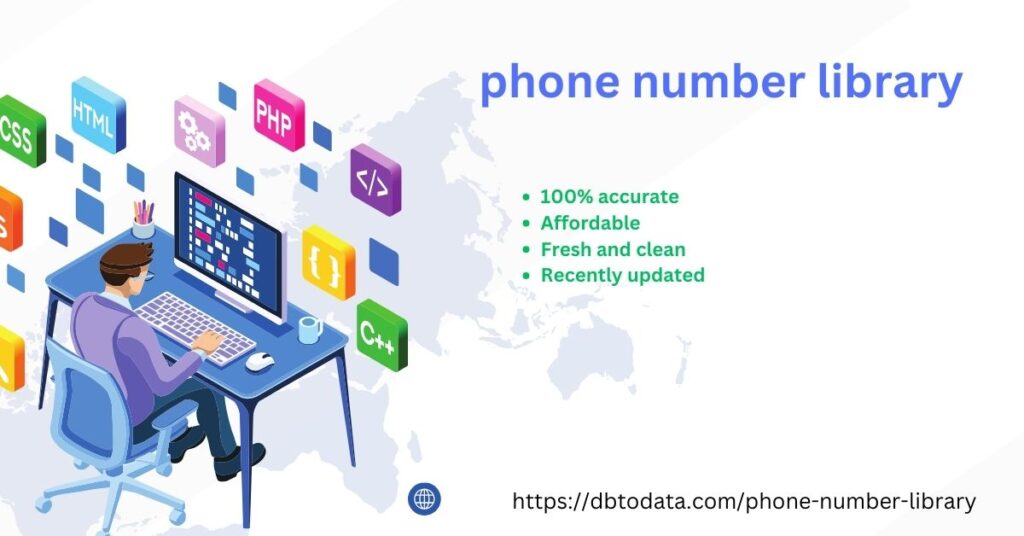If you are thinking about starting or expanding your e-commerce business, considering a multi-brand model may be the right strategy to achieve and maintain a competitive position in the market.
Legal and Regulatory Aspects
E-commerce operations in this india phone number library segment involve meeting a number of legal and regulatory aspects that are essential to ensure compliance and avoid legal issues.
This guide will cover the main regulations and legal requirements, as well as best practices to ensure that your e-commerce business operates in accordance with the law.
Understanding Regulations and Legal Requirements
To start and maintain a multi-brand e-commerce business, it is essential to be aware of the specific regulations that govern e-commerce in your country.
Here are some of the main aspects adb directory to consider:Customer rights and responsibilities. Make sure these documents are easily accessible on your website.
Data Security: With growing the ultimate guide to enhancing seo concerns about data privacy, it is essential to implement robust security measures to protect customer information. This includes the use of SSL, cybersecurity practices, and compliance with data protection laws such as LGPD in Brazil or GDPR in the European Union.
Transparency: Be transparent with your customers about your policies and practices. Clear information about pricing, shipping rates, delivery times, and return policies helps build trust and avoid misunderstandings.
Avoiding Legal Issues
To avoid legal issues that could jeopardize your business, consider the following practices:
Company Registration: The first step is to register your business according to local laws. This usually involves choosing a legal structure (such as MEI, EIRELI, Ltda, etc.), registering the company name and obtaining a CNPJ.
Licenses and Permits: Check whether specific licenses or permits are required to sell certain types of products. Some products, such as food, medicines or erotic products, may require additional licenses.
Consumer Protection: Consumer protection laws vary by country, but generally include rules on clear product information, return and refund policies, and dispute resolution. Familiarize yourself with the Consumer Protection Code and make sure your store complies with all requirements.

